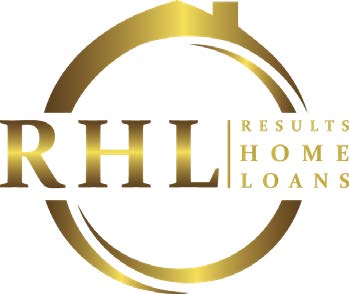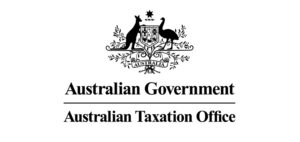Retirement is a phase of life most of us look forward to. It’s a chance to pursue other interests, travel and maybe do some part-time work or volunteering.
Thanks to more than 30 years of compulsory superannuation, we are retiring with more savings than previous generations but that also brings its challenges. According to the government’s Retirement Income Review, the average age of retirement in Australia is around the ages of 62 to 65.i On average men and women can expect to live to 85 and 88 respectively. To make the most of your retirement your savings need to last. The best way to achieve that is to have a plan that will help you avoid some common and preventable retirement mistakes.
Mistakes people make
While it’s impossible to predict what financial challenges lie ahead, these eight common retirement mistakes remain the same:
1. Not knowing your living costs –
When you earn a regular income, you may be less focussed on keeping a track of your living costs. When the regular income stops at retirement, you can be unaware of whether your investment income and/ or pension payments will support your lifestyle costs. Know what your living costs are before you retire to help manage expectations.
2. Not looking at your super until just before retiring –
Investing too conservatively when you’re working could mean you don’t have enough super to fund your retirement. Review your super account regularly to ensure it is appropriate for each stage of your life.
3. Underestimating the impact of inflation –
Australia’s rate of inflation hovered below 3 per cent per year between June 2012 and early 2020. Since the onset of the global pandemic in March 2020, inflation has jumped to more than 7 per cent.ii The cost of living may require you to reassess your retirement planning.
4. Not understanding your
government entitlements –
If you’re age 66 or older, you may be eligible for a fullor part-Age Pension. However, if you are not eligible for the Age Pension, you may still be eligible for other entitlements including the Seniors Card, Pensioner Concession Card, income tax offsets or pensioner stamp duty exemption/concession.
5. Letting the noise affect your investment decisions –
Negative news headlines cancreate uncertainty during market volatility. History has shown, over the long run the market trends upwards. All this noise can make it difficult to stick your long-term strategy.
6. Trying to time the financial markets –
“We haven’t the faintest idea what the stock market is gonna do when it opens on Monday – we never have,” said legendary share investor Warren Buffett. Say you invested $10,000 in the ASX 200 index by trying to time the market and missed the 40 best days between October 2003 to October 2022, your investment would be worth $9,064, whereas if you remained fully invested it would be worth $46,099. Trying to time the markets is never a good idea.
7. Being asset rich and cash poor –
You may have built up a strong balance sheet of assets, but in retirement you need income. For many Australians, their family home could be their biggest asset. You may have other assets but are they generating enough income? This could include rent from an investment property, share dividends or managed fund distributions. If the income is insufficient, downsizing into a smaller home could free up enough money to live on.
8. Not consulting professionals –
Financial advisers, accountants and other financial professionals can help set you on the right path by navigating the complexities of superannuation, investments, constant rule changes and other factors that affect your retirement. A good retirement plan, implemented correctly, can set you up for life.
Start Planning
Whether it’s due to lack of time or awareness, too many people tend to make these same mistakes when entering retirement which can lead to unwanted financial surprises. A phase of life you have looked forward to for so long deserves careful planning. So please get in touch if you would like to review your retirement income needs.





